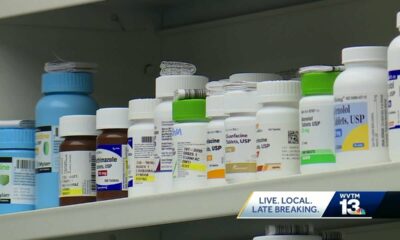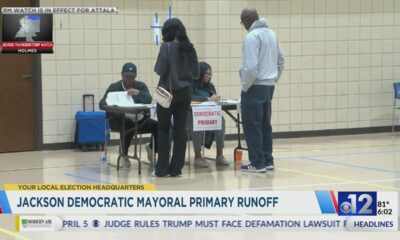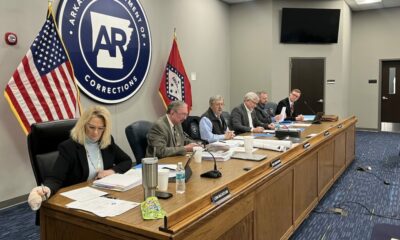(The Center Square) – A drug program designed to help low-income patients pay for medication through hospitals is raising questions in state legislatures, where some lawmakers are questioning the transparency of the program.
The 340B Drug Pricing Program was established more than 30 years ago to create a discount program for not-for-profit hospitals that serve low-income patients.
Senate Bill 1414, sponsored by Tennessee state Sen. Richard Briggs, R-Knoxville, would prevent manufacturers from “imposing any restrictions, prohibitions, discriminating against, or otherwise limiting the acquisition of a 340B drug.”
Opponents say there’s already a lack of transparency surrounding the program.
“It’s important to taxpayers because the 340B program is one of the most abused laws that Congress has ever passed and costs taxpayers a lot of money because drug companies increase their prices for non 340B entities to cover the losses that have grown over the last couple of decades,” said Joseph Grogan, founder of Firearrow, a health care consulting firm, in an interview with The Center Square. “340B was set up to provide relief for true charitable hospitals with a lot of poor patients. It has become a profit-generator center for over 28,000 entities and grown far beyond what Congress ever intended.”
Sen. Bill Cassidy, R-La., began raising questions about the program in September 2023. A 2010 decision to let hospitals enter into agreements with contract pharmacies led to an increase in pharmacy participation from 789 to 25,775 between 2009 and 2022, according to a 2024 news release from the Senate Health, Education, Labor, and Pensions Committee, which Cassidy now chairs. He has sent letters to hospitals, community health centers and contract pharmacies as part of his investigation into how the program is being used.
This year, the issue reached state legislatures.
Rural lawmakers may be worried about the program, which can be a lifeline for small hospitals that have higher Medicaid and uninsured rates, said Ryan Long, director of Congressional Relations and Senior Research Fellow with the Paragon Health Institute, in an interview with The Center Square.
“But the problem with the program is that it provides a lot more, overwhelmingly a lot more assistance to wealthier hospitals because of their large percentage of commercial paid patients,” Long said.
The number of purchases through the program increased from $6 billion in 2010 to $66 billion in 2023, according to a report from Drug Channels.
Sen. Brent Taylor, R-Memphis, one of four senators who voted against the bill when it came up in the Tennessee Senate Labor and Commerce Committee, questioned the 11-fold increase.
“No one has really been able to adequately show me that there’s been an 11-fold increase in money available for indigent care nor that the resources have been stretched 11-fold which indicates to me that there’s a diversion going on and that the people are buying these drugs at a lower price and turning around and selling them and that money never makes back for its intended purpose which was to provide indigent care or to stretch those resources to provide indigent care,” Taylor said.
Briggs said the bill protects rural providers who are a part of 340B from closing.
“If you start closing them or making them not part of the program, we may have, particularly with our patients in the rural areas, who may have to drive 30 minutes, 40 minutes to an hour just to go to a pharmacy,” Briggs said.
The Senate version of the bill is on Monday’s Finance, Ways and Means calendar. The House Finance, Ways and Means Committee advanced the bill with no discussion on Wednesday, which makes it eligible for a vote by the full chamber.
Tennessee is not the only state considering a 340B law. Nebraska Gov. Jim Pillen, a Republican, signed a bill Wednesday called the “Contract Pharmacy Protection Act.” The unicameral Legislature passed the bill 42-5.








































